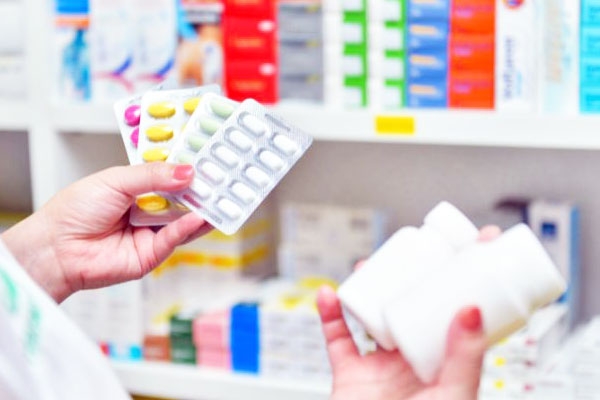
(Image source from: Canva.com)
India's Drug Price Regulatory Authority has approved a price increase of more than 50 per cent for essential medicines used to treat asthma, glaucoma, thalassemia, tuberculosis and mental health problems in a bid to prevent vital medicines from 'disappearing' from the market. The National Pharmaceutical Pricing Authority (NPPA) claimed in a press release that it has revised planned price caps for eight drugs to achieve the "dual objectives of availability and affordability". Many of these drugs are inexpensive and are often used as important first-line treatment for national health programs. Streptomycin powder (750 mg and 1000 mg for injection), salbutamol tablets (2 mg and 4 mg) and mechanical ventilation. Solution (5 mg/ml), pilocarpine 2% drops, cefadroxil tablets (500 mg), Desferal (500 mg for injection) and lithium tablets (300 mg). In a press release, NPPA said that the agency is receiving requests from manufacturers to increase prices for reasons such as the high cost of active pharmaceutical ingredients (raw materials), increased production costs and exchange rate fluctuations.
This makes it difficult for companies to produce and sell certain medications sustainably. Some companies may even require that a particular product be discontinued because it is no longer usable. “Companies have also asked to discontinue certain formulations as they are not commercially viable,” NPPA said. The Drug Price Watch, whose mission is to ensure the availability of essential medicines at affordable prices, decided on October 8 to exercise special powers under Section 19 of the Drug Price Control Regulations 2013. “In further public interest, the NPPA has approved a price increase” to increase the price cap for 11 proposed formulations of eight medicines to 50% of the current price cap. Most of these drugs are inexpensive and are typically used as first-line therapy, which is important for national health programs. These drugs are used to treat diseases such as asthma, glaucoma, thalassemia, tuberculosis and mental disorders. Previously, NPPA increased drug prices by 50% in 2019 and 2021 to ensure continued access to essential medicines for 21 and 9 products.
“Essential medicines must be available to meet public health needs in the country and price controls must not result in these medicines becoming unavailable in the market.” Along with several other formulations that Indian manufacturers are currently relying on imports leaving China, they disappear from the Indian market. In most cases, pharmaceutical companies request permission to raise prices or stop production because price restrictions make it impossible to manufacture their products. Try an example of these formulas: Benzylpenicillin (1 million international units injection) is used to treat many bacterial infections, including infections of the throat, ears, respiratory tract, skin, and soft tissue, and sexually transmitted infections such as syphilis can be used to treat the disease can be used. The leading manufacturers of these injections are Alembic Pharma and Hindustan Antibiotics Limited, which sell the injections at affordable prices ranging from Rs 6 to Rs 9 per injection.
Similarly, another preparation, atropine sulfate injection, is used to treat a condition called bradycardia, or slow heart rate. This drug helps restore normal heartbeat in cardiac arrest, and specialists use this injection before general anesthesia to reduce saliva secretion. The drug is available for Rs 3-5 per injection and is manufactured by T Walker’s Pharmaceuticals. Another drug, streptomycin injection, is used along with other drugs to treat tuberculosis. This antibiotic, which prevents the growth of tuberculosis bacteria, was sold by Hindustan Antibiotics and McLeod Pharma for Rs 7-9. Deferoxamine injection, a drug used to treat iron overload and transfusion-dependent thalassemia in people who receive blood regularly, costs around Rs 160 and is sold by Novartis. Dr. Yatin Mehta, head of intensive care unit at Medanta Hospital in Gurugram, said, “These are inexpensive but necessary medicines. There is no point in killing chickens before they lay eggs. The industry also has to survive. This measure is timely and necessary”.










